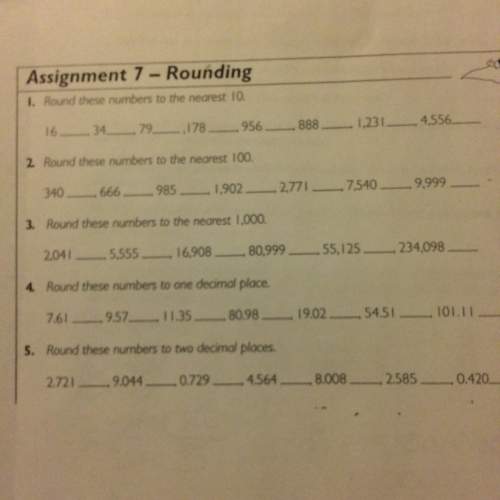"an argument is valid when if its premises are true, its conclusion must be true"
yet, "some v...

Mathematics, 01.12.2019 04:31 rodriguezjalissa132
"an argument is valid when if its premises are true, its conclusion must be true"
yet, "some valid arguments contain only false propositions"
how? i'm not fully understanding how it is the case that an argument can be valid even if it contains only false propositions when the definition of a valid argument states such.
me understand this concept(s).

Answers: 2


Another question on Mathematics

Mathematics, 20.06.2019 18:04
What is the greatest common factor of 6a, 8a^{2}, and 14?
Answers: 3

Mathematics, 21.06.2019 13:00
Remmi wrote the equation of the line y=⅓(x+2) he solved for x and got x=3y-2 which of the following is an equivalent equation for x? a.x=y-11/3 b.x=y+7/3 c.x=3(y-⅔) d.x=3(y+⅔)
Answers: 1


Mathematics, 21.06.2019 18:00
Aschool puts on a play. the play costs $1,200 in expenses. the students charge $4.00 for tickets. there will be one performance of the play in an auditorium that seats 500 people. what is the domain of the function that shows the profit as a function of the number of tickets sold?
Answers: 2
You know the right answer?
Questions

Physics, 12.02.2021 07:20

Mathematics, 12.02.2021 07:20






History, 12.02.2021 07:20


Mathematics, 12.02.2021 07:20







History, 12.02.2021 07:20

Mathematics, 12.02.2021 07:20






